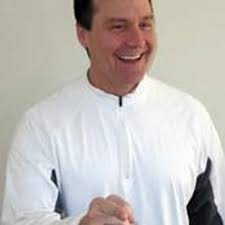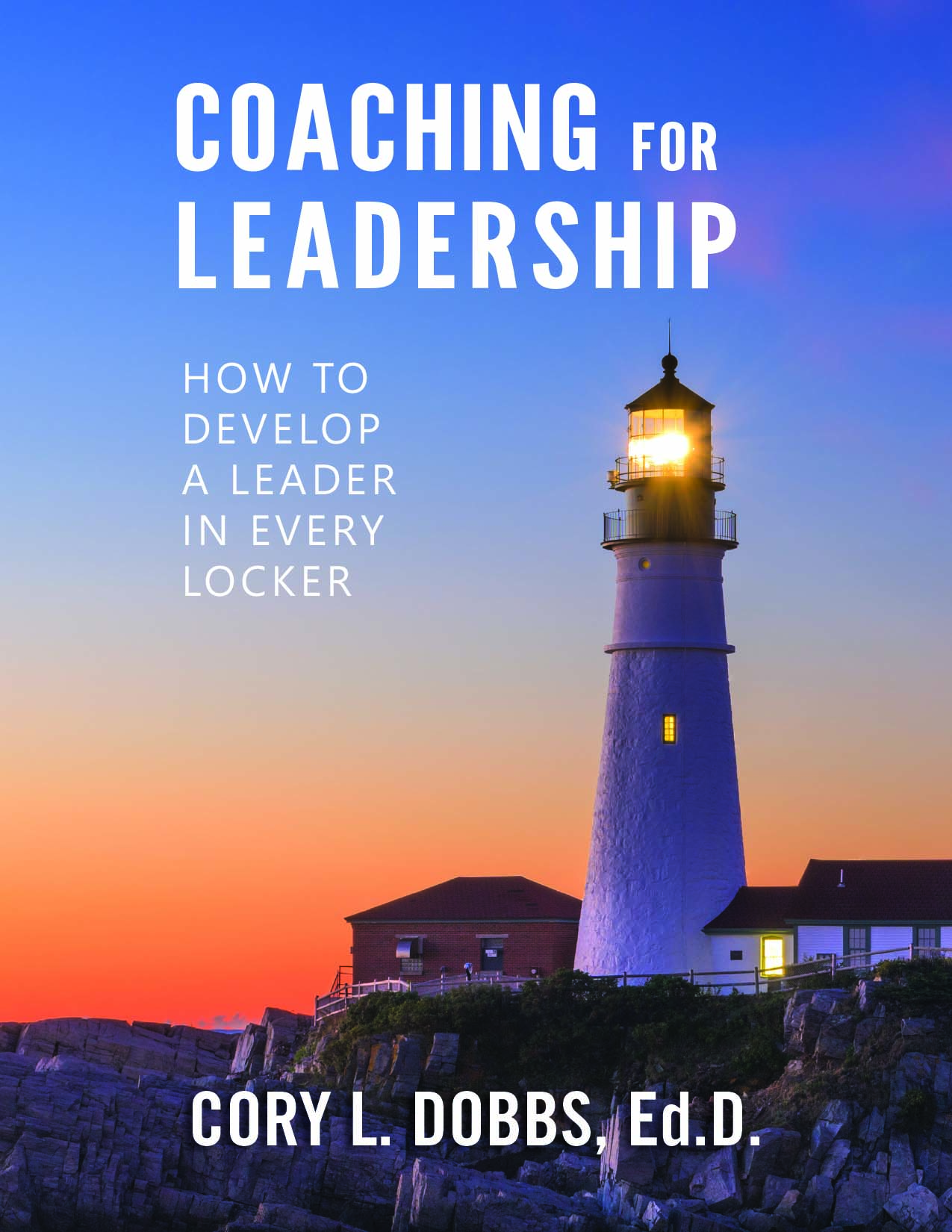
Dr. Cory Dobbs
The Academy for Sport Leadership
THE DOING-UNDERSTANDING GAP
When you finally notice that your team isn’t cohering, you discuss with your staff and begin addressing current issues. “Janae is a cancer in the locker room.” “Lucas doesn’t get along with anyone.” “Let’s hold a team meeting so we can air things out!”
Beware of the easiest and fastest solution. The easiest way out is to have a frank talk with Janae, or to sit Lucas down and ask why he can’t get along with his teammates, or “airing things out.” You and your staff conclude you are being proactive because such responses seem rational and likely to be effective.
But they are not effective. And you are being reactive.
From a very early age, we are conditioned to see life as a series of events. We are taught that for every event there is one obvious cause; and that the forces of cause and effect are always closely related in time and space.
So if you are bent on “airing” things out, steer the conversation upstream and back in time to dig out the root cause. Often, small and subtle actions left unattended become larger and complex issues. Yet, you seldom, if ever, will observe (in real time) the initial seed from which your problem grew.
In order to fully understand relationship problems, to get a glimpse of the underlying reasons why unhealthy relationships emerge, we have to have the skills and patience to “go upstream” and find the formative experiences. The most powerful learning here is learning that direct experience can often lead us down the wrong path. If we are unwilling or unable to get beyond the fixation on linear cause-effect chains (A caused B which Caused C)–sequential thinking that cause and effect are closely related in time and space–and we’ll be unprepared to deal with complexity (team building and interpersonal relationships) and adversity (conflict and chaos) when it strikes.
Reality is indeed made up of causes and effects. But what we see depends on what we are prepared to see. Herein lies the problem of investing time in the process of reflection. How much time do you dedicate to reflection? How do you do reflection? Use these two simple questions to drive a team conversation on the role of reflection in building your team. The key to seeing more is to invest time in preparing to see more.
New to the Second Edition of Coaching for Leadership!
We are pleased to announce a new chapter to the second edition of the best-selling Coaching for Leadership. The chapter, The Big Shift: Unlock Your Team’s Potential by Creating Player-Led Teambuilding, connects the previous edition of this book to its origin, as well as to the future of team sports.
The new chapter sets forth a practical and applicable agenda for change and improvement. The reader is introduced to seven vital elements of change; seven shifts of traditional mental models that lead to the new core principles necessary for creating a player-led team culture. Click here for more information about Coaching for Leadership
About Cory Dobbs, Ed.D.
Cory Dobbs is the founder of The Academy for Sport Leadership and a nationally recognized thought leader in the areas of leadership and team building. Cory is an accomplished researcher of human experience. Cory engages in naturalistic inquiry seeking in-depth understanding of social phenomena within their natural setting.
A college basketball coach, Cory’s coaching background includes experience at the NCAA DII, NJCAA, and high school levels of competition. After a decade of research and development Cory unleashed the groundbreaking Teamwork Intelligence program for student-athletics. Teamwork Intelligence illuminates the process of designing an elite team by using the 20 principles and concepts along with the 8 roles of a team player he’s uncovered while performing research.
Cory has worked with professional athletes, collegiate athletic programs, and high schools teaching leadership and team building as a part of the sports experience and education process. As a consultant and trainer Dr. Dobbs has worked with Fortune 500 organizations such as American Express, Honeywell, and Avnet, as well as medium and small businesses. Dr. Dobbs taught leadership and organizational change at Northern Arizona University, Ohio University, and Grand Canyon University.







